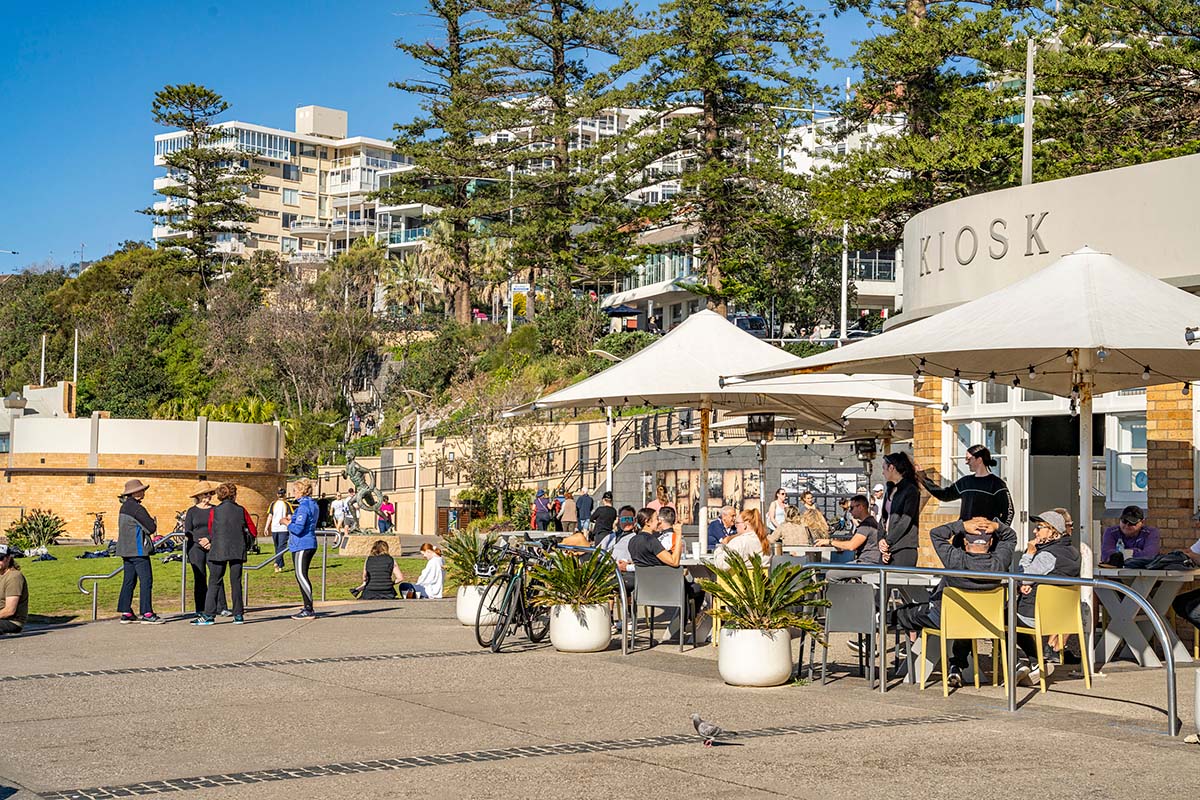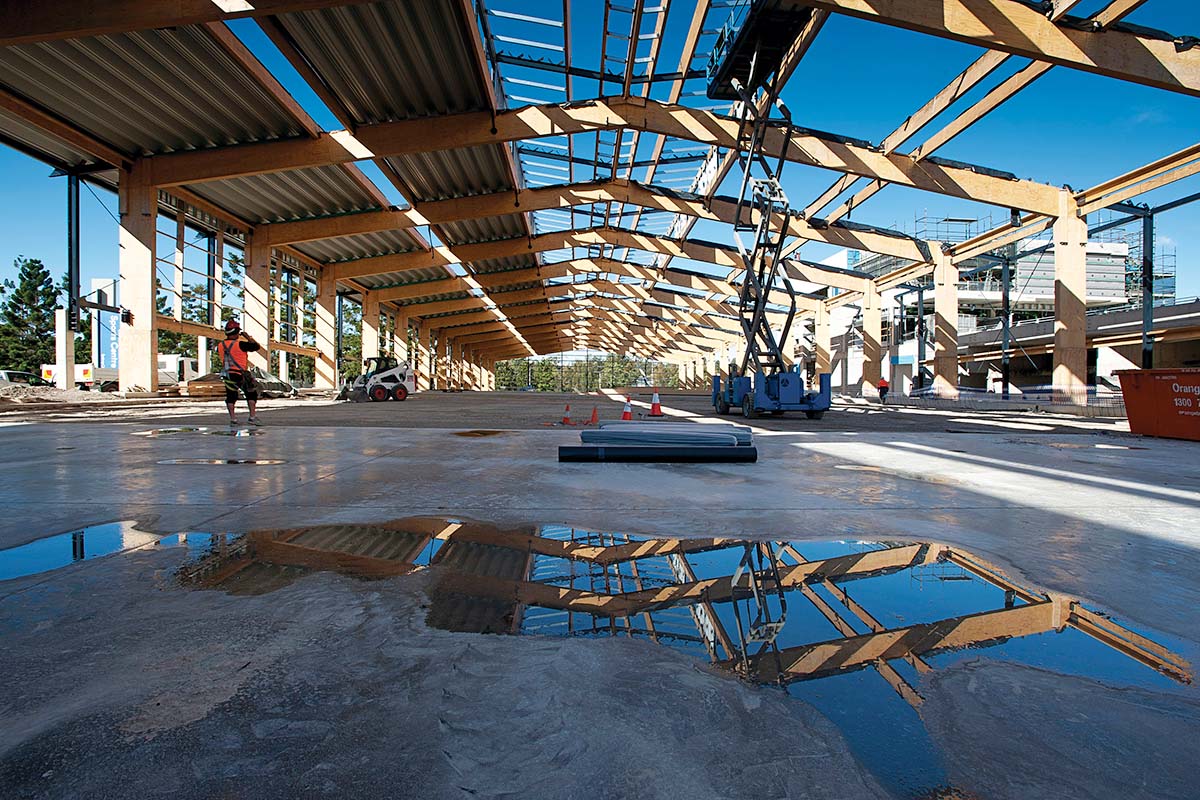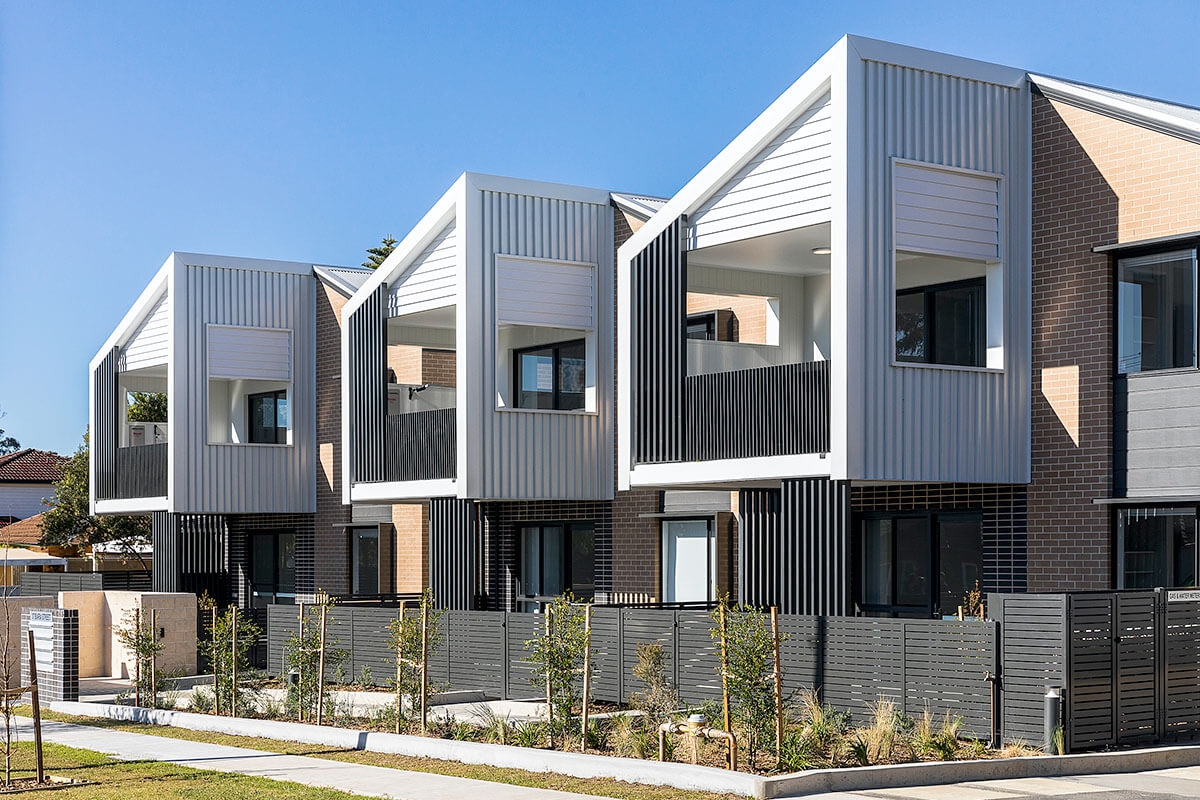The State Policy for exempt and complying development is contained within the State Environmental Planning Policy (Exempt and Complying Development Codes) 2008.
Exempt development
Did you know that you can do some minor building works to your house, shop or business without a development application? This is called exempt development. This means that renovations and low-impact works not requiring a full merit assessment by council can be done faster.
Provided the proposed works are low impact and meet all relevant development standards (identified in the Codes SEPP) a planning or building approval may not be needed.
For more information about exempt development, go to the NSW Planning Portal.
Complying development
Complying development is a combined planning and construction approval for straightforward development that can be determined through a fast-track assessment by a council or private certifier. Complying development applies to homes, businesses and industry.
Routine works that comply with the relevant development standards in the State Policy can save homeowners and businesses time and money. Approvals under the fast-track complying development pathway can be issued in as little as 20 days.
Guides
For more detailed information about complying development, go to the NSW Planning Portal or read our guides:
Recent updates
We’ve made changes to the Codes SEPP to enable a thriving culture of events, entertainment and hospitality contributing to the 24–hour economy. These changes form part of the NSW Government’s Cultural SEPP commitment to make it easier for businesses to provide entertainment and other services that benefit the night–time economy in NSW.
For more information on the changes introduced as part of the Cultural SEPP, go to Night–time economy or the NSW Planning Portal.
The NSW Government is making it easier for places of public worship to install security measures such as bollards, fencing, lighting, security cameras, safety glass and reinforced doors.
Changes were made to the Codes SEPP in December 2024 so places of public worship, including churches, mosques, temples and synagogues, no longer require a development application (DA) where the security upgrades meet certain development standards.
For more information, visit the NSW Planning Portal.
Updates and improvements were made to the Codes SEPP and associated policies in November 2024 as part of our ongoing commitment to improving the planning system.
This update includes over 100 amendments covering development standards, exempt development and complying development pathways including:
- identifying what changes you can make to your home or business without needing approval including installing air conditioning on multi storey apartment buildings or making repairs and/or alterations to existing homes
- clear rules around complying development for dual occupancies and multi-dwelling terraces
- making it easier to understand the rules around running farm experiences, farm gate business and farm stays alongside farming operations.
We’ve also made it easy to understand the process for managing and removing asbestos.
The amendments respond to feedback from stakeholders including applicants, certifiers, councils, industry and the community.
For more information about the amendments, read the:
We have changed the planning rules to enable pubs and small bars across the state to implement outdoor dining as exempt development permanently.
This means all pubs and small bars can apply to council to use the footpath and public spaces to serve diners alfresco under exempt development. These changes align small bars and pubs with planning rules for cafes and restaurants.
We’ve also made the exempt development pathways introduced during the COVID crisis for outdoor dining on private land and at registered clubs permanent. From 1 January 2024, registered clubs, food and drink premises, and artisan food and drink industries will be able to use their private land and car parking spaces for outdoor dining as exempt development.
New development standards have been included to maintain patron safety and accessibility.
For more information, go to outdoor dining.
We have prepared an Extended Business Hours Noise Guide (PDF, 1.4 MB) for businesses wanting to extend their hours using the exempt operating and trading hours provisions in the Codes SEPP.
The guide explains:
- what the exempt operating and trading hours are
- which businesses are eligible
- the obligations to managing noise
- how to prepare for extended hours
- how to reduce noise from the business.
Updates and improvements were made to the Codes SEPP and associated policies in December 2022. It ensures the Codes SEPP is current, operates smoothly and is clear on its intended development outcomes.
The amendments respond to feedback from stakeholders including applicants, certifiers, councils, industry and the community.
For more details on the key changes, visit Housekeeping amendments to the Codes SEPP.
In February 2022, we changed the business and industrial parts of the Codes SEPP to allow businesses to:
- quickly adapt their offerings to new market demands for things like entertainment facilities, indoor recreation facilities and creative industries
- attract investment with new and larger building allowances
- carry out site and parking upgrades to accommodate click and collect
- stay open for longer in certain areas.
We also introduced a new Business Zone Design Guide to support the design of complying development for new buildings and additions located in some business zones.
For more details on the reforms, visit the NSW Planning Portal.
We’re making it easier for Bega Valley residents living in conservation zones to build swimming pools and sheds on their properties.
In July 2024 we introduced an amendment to the Codes SEPP to expand complying development provisions for Bega Valley residents. The amendment allows certain low-risk structures to be built as complying development on land in conservation zones with existing homes, and where no vegetation clearing is needed. This will make it easier for people living in Bega Valley LGA to build swimming pools and sheds without development applications.
The change was made by amending Schedule 3 Complying development codes — variations of the Codes SEPP.
Shaping the compliance funding framework as part of reforms to build a faster and simpler planning system.
Planning rules for complying development including one and two storey homes, renovations and extensions.
How to use exempt and complying development pathways for your neighbourhood centre.



